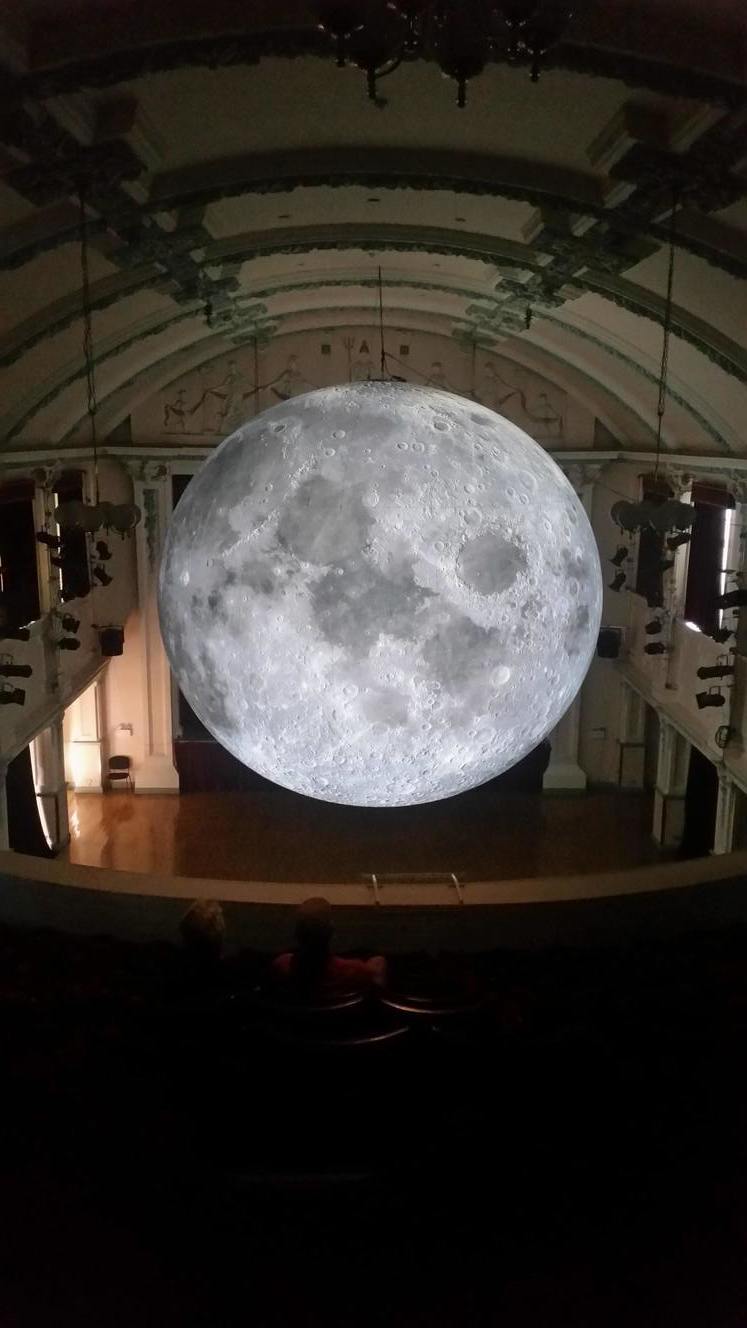Ton wrote recently about how his note-taking system is helping him formulate new ideas and create articles. It gave me pause to reflect on my own note-taking system, and I realised it hasn’t as of yet led to me writing any articles.
First reflection: I’m not actually too bothered by that, right now. It is not really currently a firm goal of mine to write articles. I don’t have a thesis that I have a burning desire to push, and I don’t have a target of writing for the sake of it, either. So that is most likely the biggest reason. (That said, why am I taking notes if I don’t plan to do anything with them…?) An action point: reflect if regular article writing is a goal.
There’s some practical things I could do, if I did want to write more long-form.
I’m currently falling in to the collector’s fallacy a little bit, I think. Perhaps just thinking about my wiki as a commonplace book, as I sort of do, points me in that direction.
A tiny adjustment I have started to make, is the naming of my notes. Prefer note titles with complete phrases to sharpen claims. I’ve noticed that this does make me think more about notions, as Ton called them, not just copied notes.
I could also try to aim for a more formal knowledge cycle (research, read, take note, write). I kind of do this anyway, but it’s a little ad-hoc.
Lastly, I’d like to revisit “blogchains“. I think I’m more motivated to write something more considered and longer when in response to reading something from a friend. It would be fun to start some open chains.

